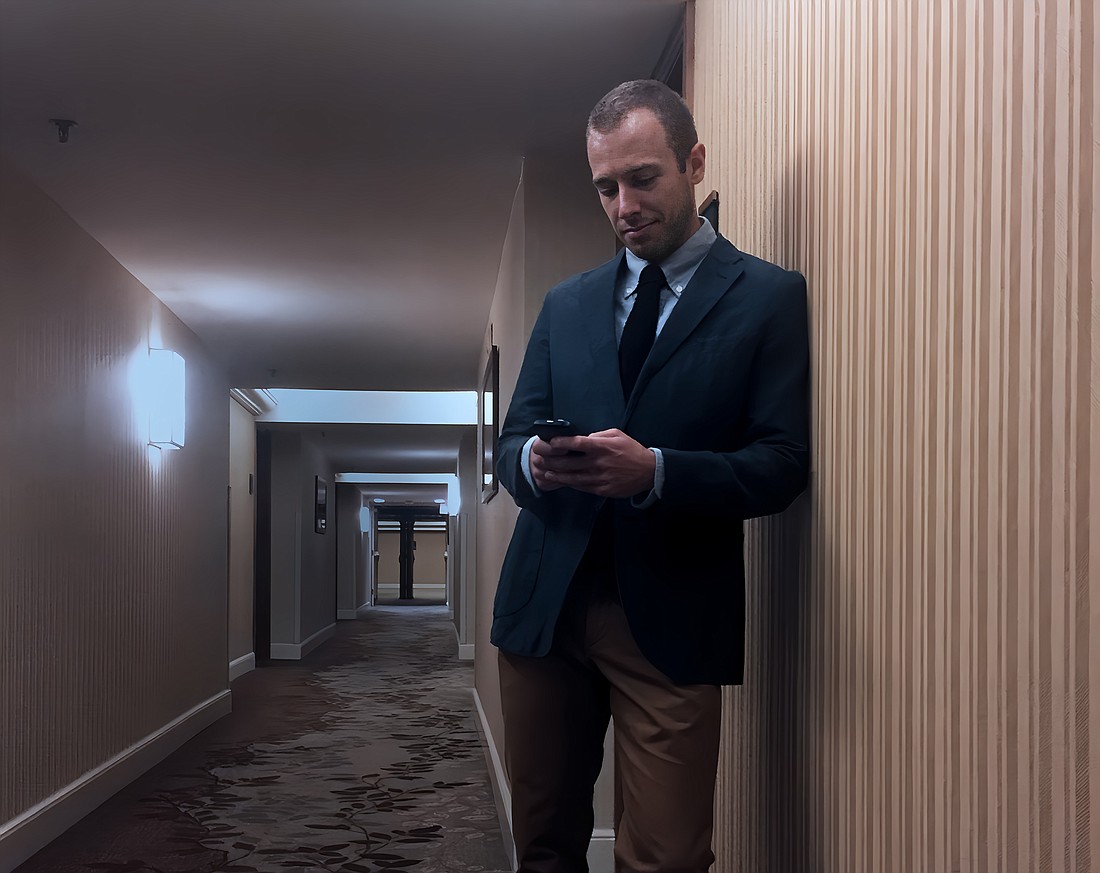- November 19, 2025
-
-
Loading

I’m at the Observer because of something I read 11 years ago.
It started liked this: “You are not the kind of guy who would be at a place like this at this time of the morning. But here you are …”
The words that followed surged like electricity in my mind. I was fresh out of college, aimless and vaguely pursuing a fitness career in Chicago. But during a burst of late-night self-improvement, I chose a novel by Jay McInerney from a list of 100 great books to read before one dies. I read it in a single sitting. I got up, stretched, then immediately read it again. The prose was like a long rail of cocaine. A habit was already forming. It was not yet an addiction.
Days later, another novel from the list. I thought “A Sport and a Pastime” would be about baseball, despite its cover. Bathed in light from an open window, a woman’s slender, stockinged legs graced the cover. The words within were layered like the brushstrokes of a master painter. Nothing wasted.
James Salter was not writing about baseball.
And now I had a certifiable problem. Reading Salter cemented in me a desire to do something with words, to write something, anything.
All young writers are bad; it’s only a question of to what extent. I knew I needed an apprenticeship. There’s a time-worn path for writers and journalists. In the absence of nepotism, you commit yourself to some remote outpost, and then some slightly less remote outpost, and so on. You write your way up.
I fit everything I owned (not much) into an aging Ford and drove west, to Montana, where a remote mountain-town newspaper was in need of a staff writer. I’ll spare you details of the progression that followed. It’s the same for most writers, although in my case, Search and Rescue was called once (I survived).
I learned writers and editors need to do three things to improve. Read, write and repeat. I love newspapers for a number of reasons. For one, their very nature is a regular routine of trial and error. Everyday, you get a chance to try again.
I’m biased, but nearly all writers worth reading either started in journalism or leapt into the pool in between books: Tom Wolfe, Hemingway, Salter — I discovered the contemplative novelist Annie Dillard through her magazine writing. … This is no coincidence.
Typically in a space like this, the new editor outlines some sort of grand vision or philosophy of journalism.
First, I want to ask you the same three questions I’ve often asked myself:
Why write?
Why read?
… and what’s the point?
I’ve thought a lot about the answers. I still think about them.
“To write? Because all this is going to vanish. The only thing left will be the prose and poems, the books, what is written down. … Without it, the past would completely vanish, and we would be left with nothing, we would be naked on earth.”
I can’t be any pithier than Salter, but I know of someone who might be. A woman, retired, once dropped off a note for me in another newsroom. In shaky cursive, it said, “Your writing marks people’s memories.”
Writing marks people’s memories.
I’m in my 30s, and already days, months, even years are vanishing. Rich memories, once decadent in their sights and smells, now fade to outlines.
A good newspaper is a record of things that matter. The good and bad, the events some people may wish to forget or pretend never happened. Journalists observe. They record — although many journalists are only there to speak with you on your worst day. One reason I was drawn to the Observer is that it seems to me this newspaper is often present on your best days, too.
From time to time, when I’m agonizing over the placement of a comma, or the removal of a conjunction, I still wonder, what does this really matter? I recall that woman’s note, but sometimes, given the churn of world events, it’s not enough.
I keep these words close to heart for those times.
“No iron can pierce the human heart with as much force as a period put in just the right place.”
Isaac Babel, who was a great journalist, wrote that.
Seems dramatic, out of proportion, but Babel was familiar with the brutalities of life.
Convicted of treason before a Stalinist judge, Babel pleaded, “I am asking for only one thing — let me finish my work.”
A day later, a firing squad killed him.
This all seems pretty heavy for what was supposed to be an introduction, but I believe writing is serious work. So let me tell you a quick story:
Years later, I returned to that small town in Montana where I started as a reporter. Occasionally, on the wall behind a scarred wood-top bar or — once — in someone’s home office, I saw a story from the local paper hung in pride of place and framed under glass.
I’ll tell you right now what I plan to tell the staff members of this paper later this week:
Write your next story like it might end up on someone’s wall.
With that, I hope to do right by this paper, its legacy and you, the readers.